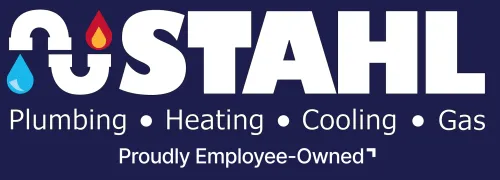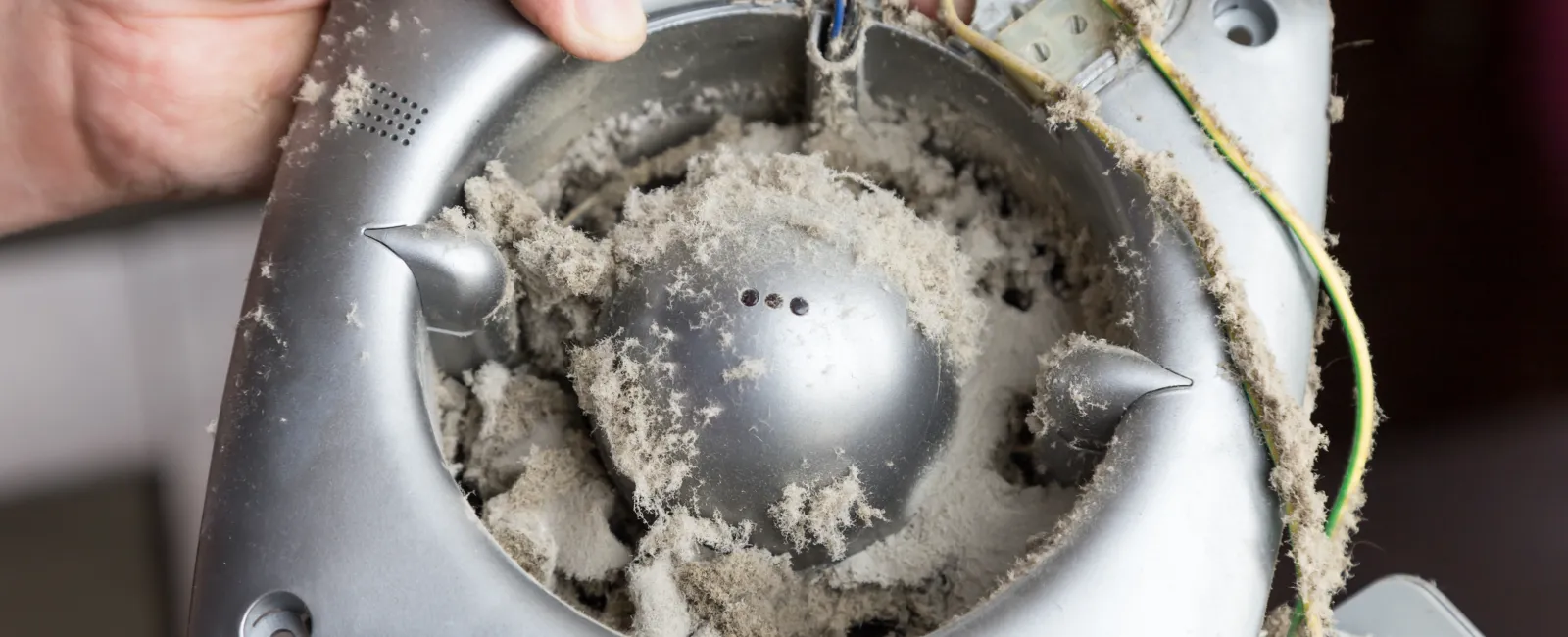Mold and mildew are persistent issues that can plague any home, especially in areas with high humidity, like bathrooms, kitchens, and basements. While mold prevention techniques may vary, one critical aspect often overlooked is plumbing ventilation for mold prevention.
The importance of plumbing ventilation for mold prevention cannot be overstated. Below, we'll explore effective strategies to maintain a healthy and mold-free environment in your home.
Importance of Plumbing Ventilation
The right ventilation plays a crucial role in maintaining indoor air quality and preventing the growth of mold and mildew. In plumbing systems, adequate ventilation helps remove excess moisture and foul odors, which are conducive to mold and mildew growth. Without proper ventilation, moisture can accumulate in plumbing fixtures, drains, and pipes, creating an ideal environment for mold spores to thrive.
Plumbing Ventilation and Mold Prevention
Plumbing ventilation systems are designed to expel stale air and moisture from plumbing fixtures and drain lines to the outdoors. The primary components of a plumbing ventilation system include vent pipes, air admittance valves (AAVs), and exhaust fans. Vent pipes extend from plumbing fixtures, such as sinks, toilets, and showers, to the roof or exterior walls of the building, which lets air circulate freely and prevents the buildup of moisture and harmful gases.
Air admittance valves are mechanical devices installed in plumbing systems to regulate air pressure and prevent sewer gases from entering the home. These valves open and close automatically to allow air to enter the plumbing system when needed, providing an effective alternative to traditional vent pipes in certain applications.
Exhaust fans are commonly installed in bathrooms, kitchens, and laundry rooms to eliminate excess moisture and odors generated during daily activities such as bathing, cooking, and laundry. Adequately dimensioned and appropriately installed exhaust fans enhance indoor air quality while mitigating mold and mildew proliferation potential by efficiently expelling humid air to the external environment.
Mold Prevention Techniques
In addition to proper plumbing ventilation, implementing mold prevention techniques is essential to maintain a healthy and mold-free environment in your home. Below are some strategies to prevent mold and mildew growth:
- Control Humidity Levels: Maintain indoor humidity levels below 60% to effectively deter the growth of mold and mildew. Dehumidifiers can be used in damp areas such as basements and crawl spaces to remove excess moisture from the air.
- Promote Air Circulation: Promote sufficient air circulation by utilizing windows and fans to enhance ventilation across your household. Proper airflow helps prevent moisture buildup and discourages mold growth in enclosed spaces.
- Repair Plumbing Leaks: Promptly repair any plumbing leaks or water damage to prevent moisture from accumulating in walls, floors, and ceilings. Inspect plumbing fixtures, pipes, and appliances regularly for signs of leaks or water intrusion.
- Use Mold-Resistant Materials: Choose mold-resistant building materials such as moisture-resistant drywall, paint, and flooring to minimize the risk of mold growth in damp areas of your home.
- Clean and Maintain Plumbing Fixtures: Regularly clean and maintain plumbing fixtures, drains, and pipes to prevent the buildup of organic matter, soap scum, and debris, which can foster the growth of mold and mildew.
By implementing these mold prevention techniques and ensuring proper plumbing ventilation, you can create a healthy and comfortable living environment for you and your family while minimizing the risk of mold and mildew in your home.
Proper ventilation is key for preventing mold and mildew growth in your plumbing system and maintaining indoor air quality. Plumbing ventilation systems, including vent pipes, air admittance valves, and exhaust fans, help remove excess moisture and foul odors, reducing the risk of mold contamination. With effective mold prevention strategies such as controlling humidity levels, promoting air circulation, and repairing plumbing leaks, you can create a mold-free environment and enjoy a healthier home for years.
So, contact us today to help assess your needs. Our seasoned master plumbers and technicians boast extensive experience in these fields and are prepared to assist you with upcoming projects, replacements, maintenance needs, or emergencies.

